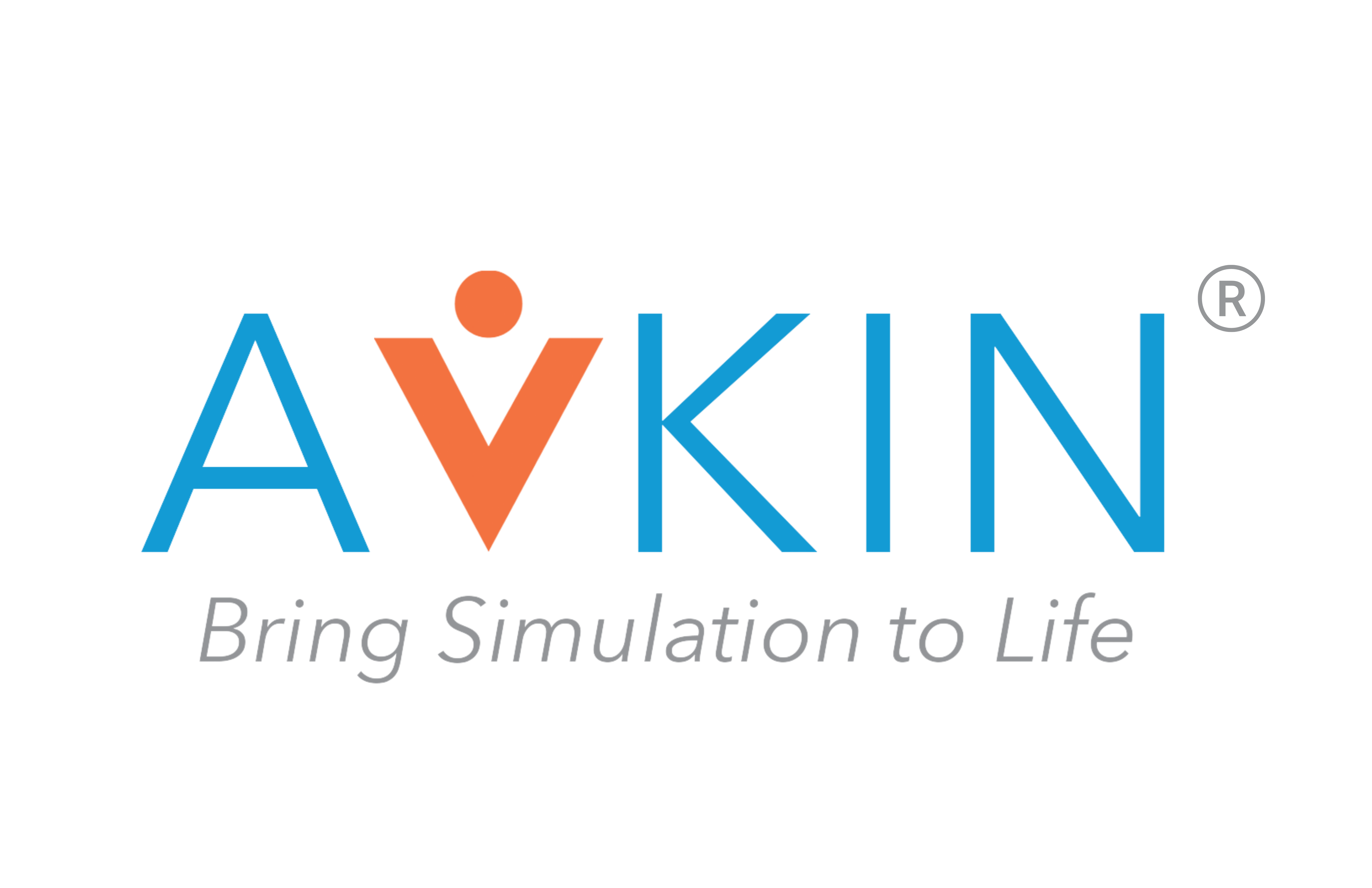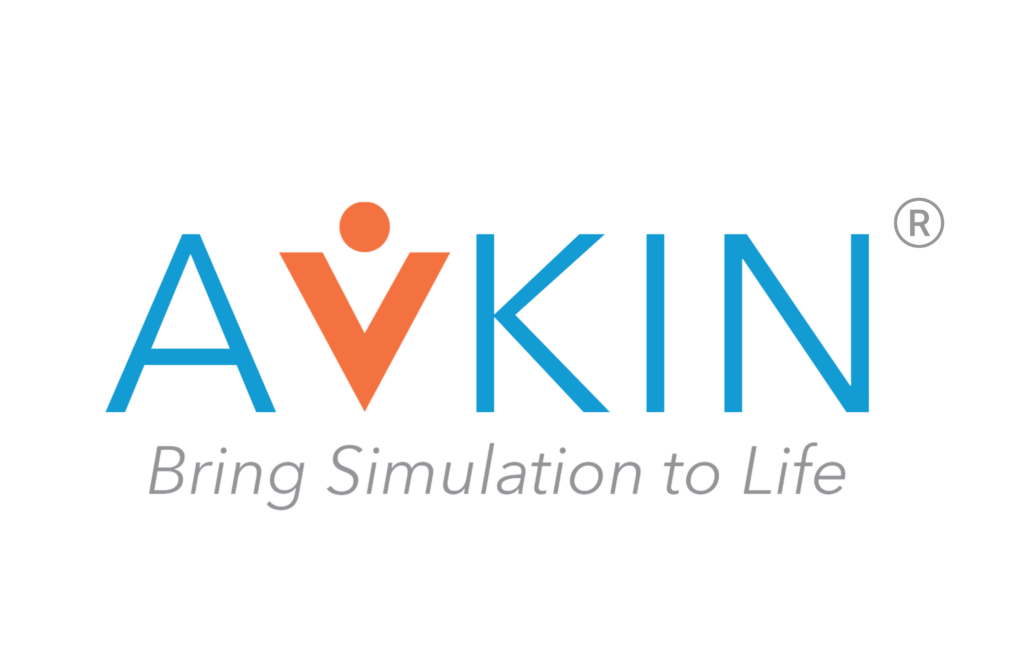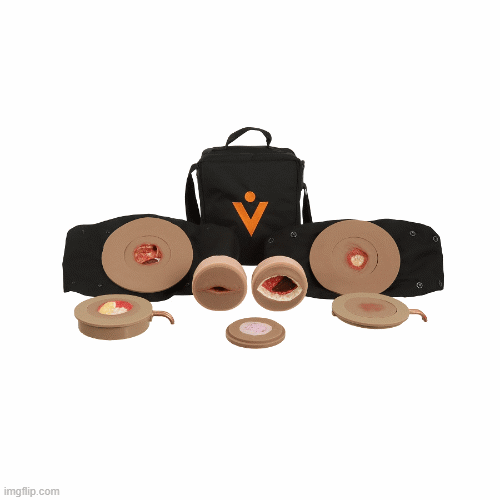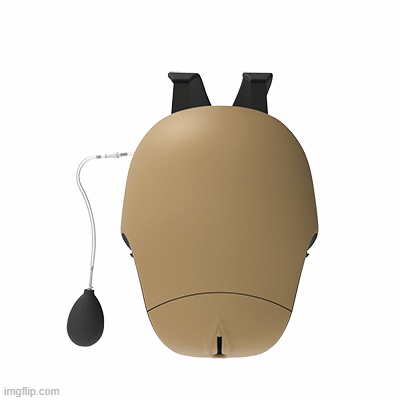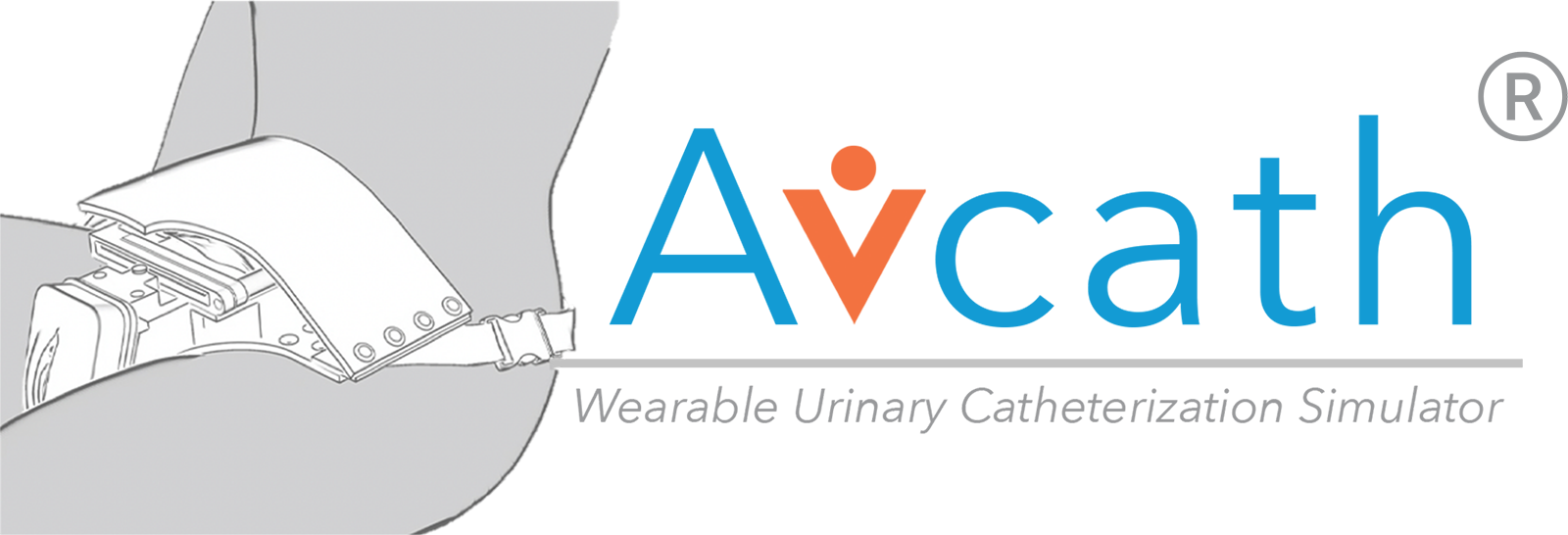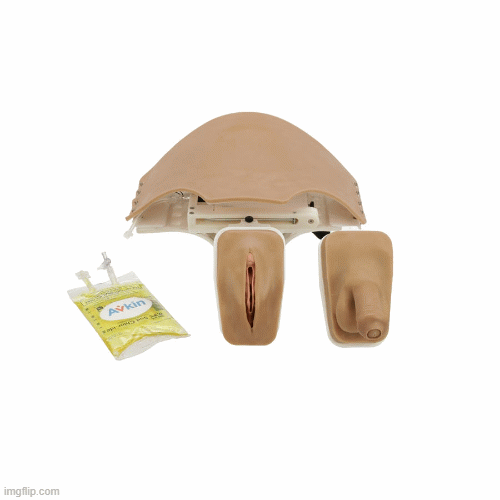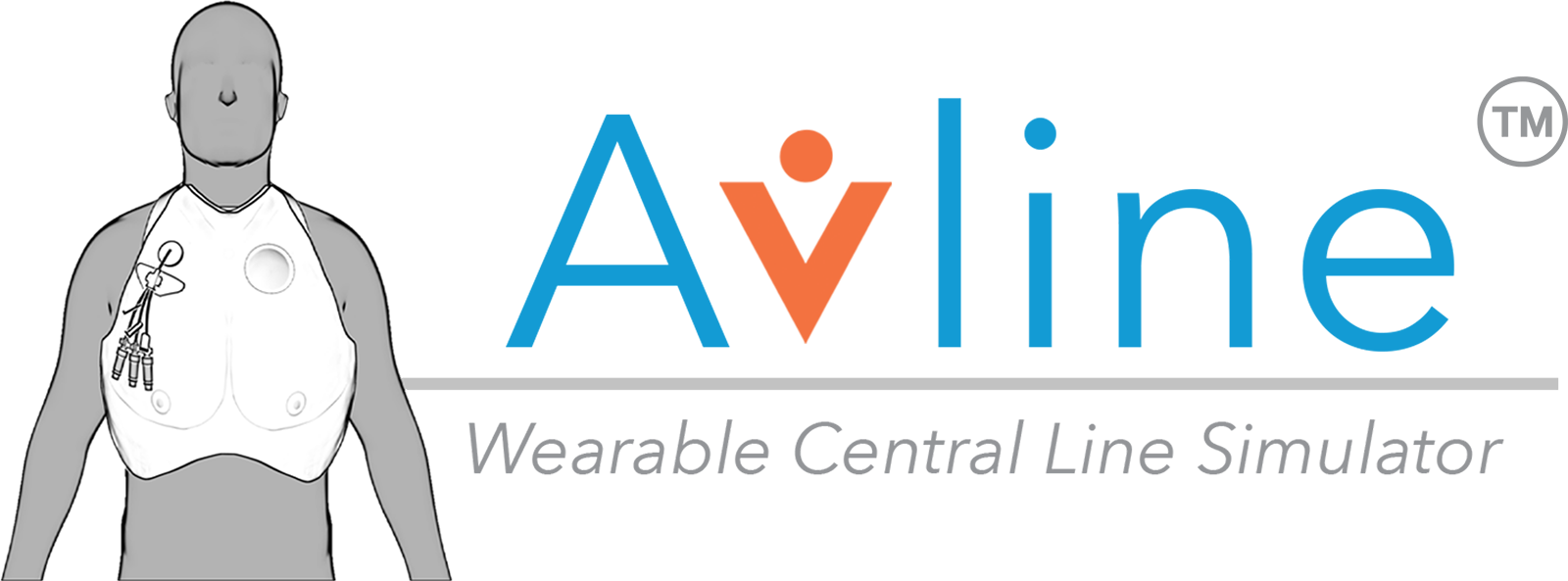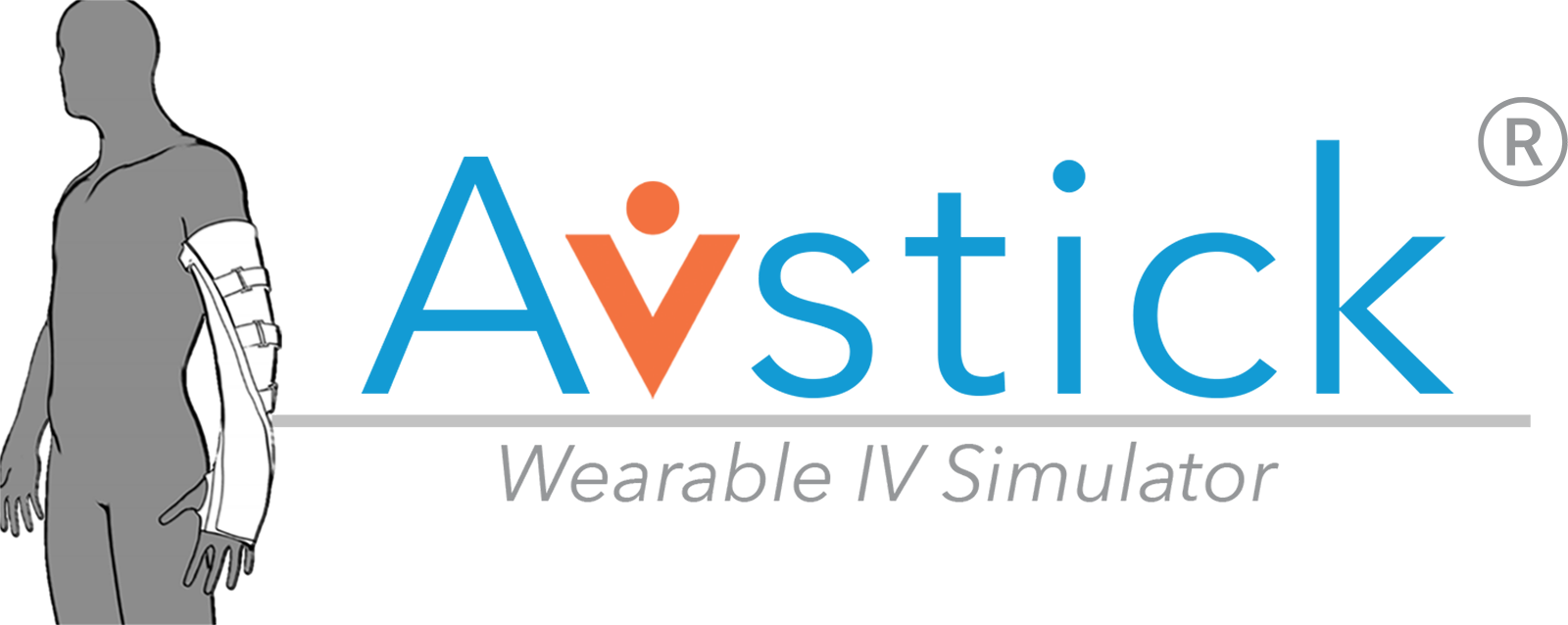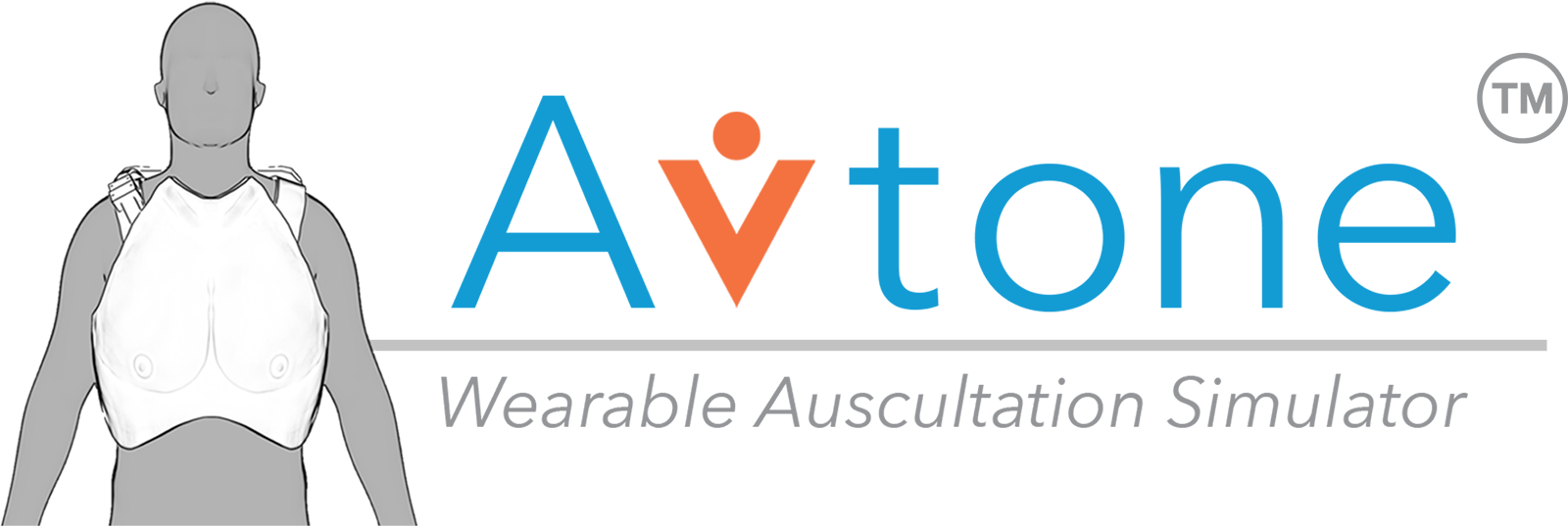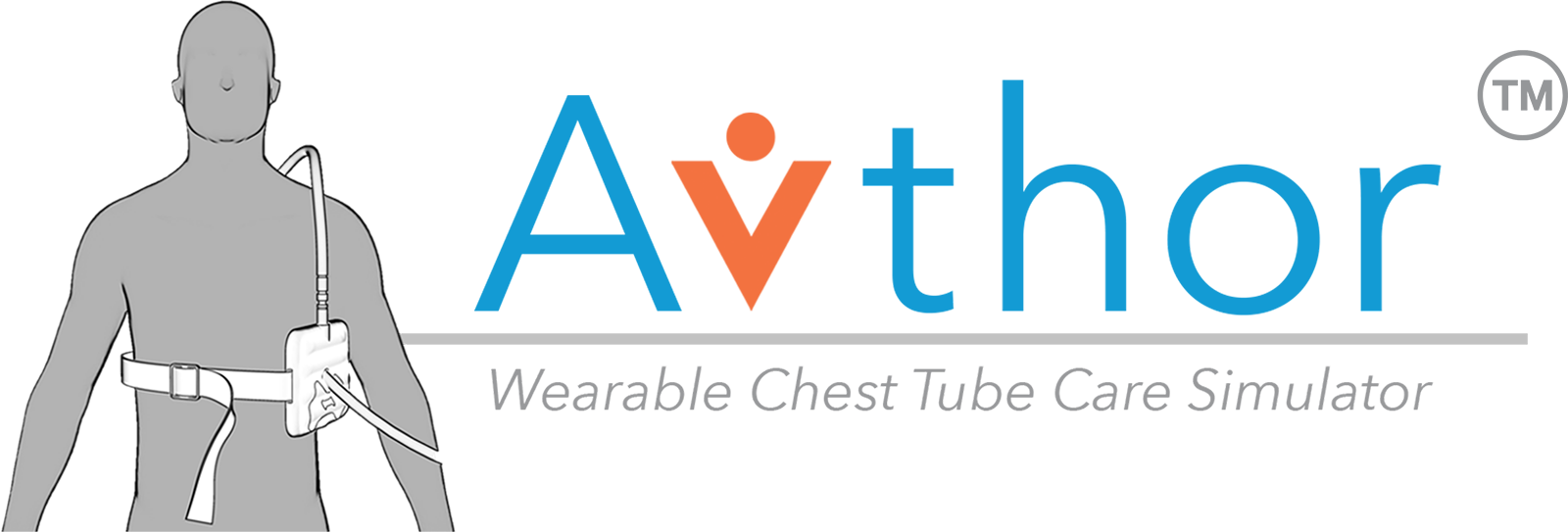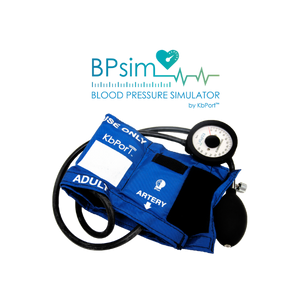In the latest episode of the Simulation Nation Podcast, Amy Cowperthwait, CEO, RN, MSN, CNS, CHSE-A, engages in a compelling conversation with Lance Baily, the CEO and founder of HealthySimulation, to delve into the dynamic world of the Global Simulation Industry.
Lance spoke with Amy about his personal experience in the field of simulation and how it has led him to his career in healthcare simulation today.
“I learned actually how to fly with my dad in gaming simulators before I knew how to drive.”
From aviation to healthcare, simulation has helped professionals hone their skills, prepare for emergency situations, and improve overall performance.
The simulation industry is driven by innovation and research, as well as the increasing demand for simulation-based training and education. Simulation technology allows professionals to train in a safe and controlled environment, without the risk of real-world consequences. This is particularly important in high-stress industries where mistakes can be costly. Providing learners with the ability to train in a high fidelity environment with no real world consequences allows them not only to make mistakes, but to learn from those mistakes in order to improve their skills.
Healthcare simulation is a rapidly growing industry, with more and more organizations adopting simulation as a way to train individuals. In recent years, the industry has been moving towards a more standardized approach, with organizations using similar technologies and methodologies to achieve their goals. In his discussion with Amy, Lance discussed the importance of industry leaders working together.
“I felt like the answers were all within the community and we just needed to find ways to bring that community together so that it could share and network and learn from one another.”
The global expansion of simulation has created a need for standardization and collaboration among simulation professionals in order to ensure consistency and quality across organizations. One of the many benefits of standardization is that it allows individuals to easily share knowledge and best practices. By adopting similar technologies and methodologies, industry professionals can learn from each other and build on each other’s successes. This can lead to more efficient and effective training programs that produce better results.
Baily and Cowperthwait went on to discuss the ways in which the COVID-19 pandemic has highlighted the critical role of simulation technology in healthcare on a global level. Healthcare professionals have faced unprecedented challenges since the start of the pandemic, including shortages of personal protective equipment, rapidly changing treatment protocols, and a high volume of patients.
“I think the pandemic has really highlighted the need for simulation technology in healthcare and other industries, as it allows us to prepare for any kind of scenario in a safe and controlled environment.” – Lance Baily
If you enjoyed our guide to The Global Simulation Industry, check out more episodes of Simulation Nation below, and subscribe to our podcast and Youtube so you never miss an episode!
